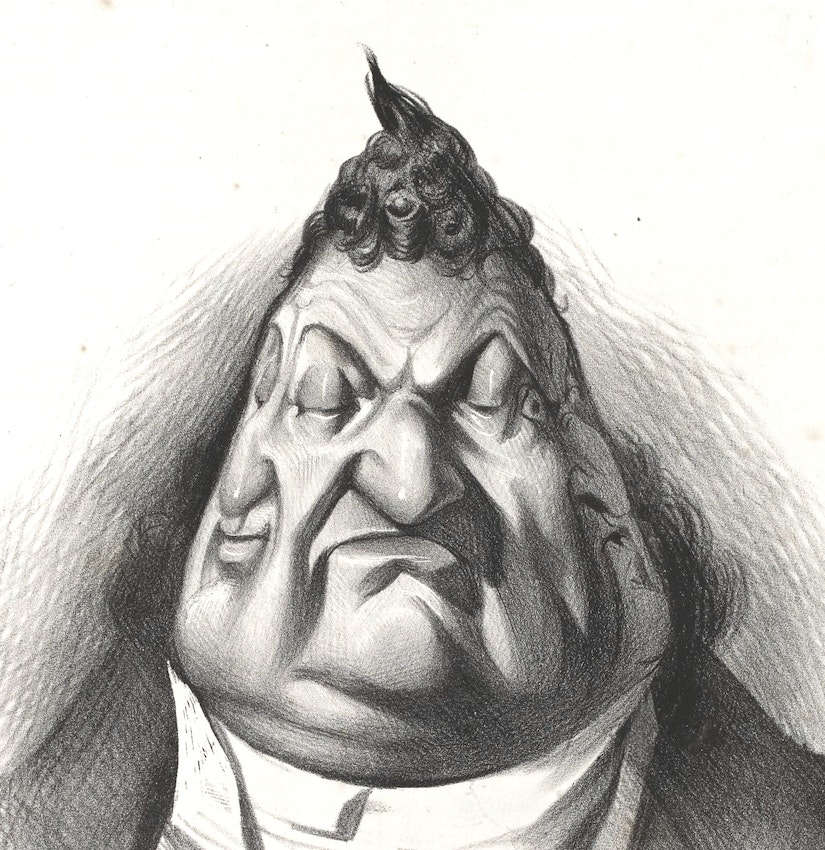“Mary!” he calls, his big, booming voice projecting through their entire Cape Cod.
“MARY!” he holds out a paper, squeezed between beefy thumb and forefinger, both whorreled with pitch black lines of fingerprints and the creases on his hands. His hands are beefy but paper soft.
“MARY!!!!!!” he screams.
She appears, huffing, in the bedroom door, where he sits at a wooden desk just adjacent, the paper jutting out into the doorframe like an evil seagull hovering in midair.
“Just what is it, Lewis?”
Lewis Sinclair, that’s his name, and Goddamn is he an important guy. The most important founding father down at the meat packing factory.
“Read it!”
She snatches the paper away with a quick, birdlike movement. Mary is not rebellious, but she gets in her hits. And Sinclair feels them.
“Read it.”
“Why?”
“BECAUSE!” He says. Now his big, beefy hands are folded across his chest. He’s leaning back in his chair. His tricorn hat is resting on his head, and his powdered wig sprinkles across his back. The tip of the little pony tale is rubbing his upper back with white chalk.
Mary purses her lips in a way that makes her look like an angry duck, and she pulls the paper close to her face. She has always had trouble reading, not because of lack of smarts with her private tutors as a child, but because she is near-sighted and her parents could never afford or at least never seem to get right the right kind of glasses.
Bifocals.
DEAR MARY,
the paper reads…
I WANT A DIVORCE. NOW!
Then below that…
Sincerely,
Lewis Sinclair. Founding Father.
Mary stares at it, her eyes gone all dusky.
“So this is what you’ve been writing all morning, is it?” she asks. “A polemic?!”
He still has his hands crossed. He nods. His flared nostrils, flared with pleasure, are the only indicators that he’s enjoying himself.
“Well, Sinclair, here’s what I think of that.”
And Mary neatly rips the paper down the middle.
In seconds, the front two feet of Sinclair’s chair have slammed back against the ground. “You wouldn’t dare. You shouldn’t have dared. Mary, you ignorant slut!”
She gazes at him, eyes still mellow. “And you’re an officious oversized prick, more lengthwise than ye art long, Lewis Sinclair!”
And with that she sails back to the kitchen.
Sinclair sits, gawping. His paper, his lovely, well-written, morning page lies torn in two upon the flags. He gets up and picks up both sides of the paper, fuming. Then he stuffs them in his pocket.
If only his father hadn’t forced him to marry her. He could be anywhere now. He could be in Timbuktu. He could be in Paris, palling around with Benjamin Franklin. He could be riding a horse.
Fuming and mobilizing his massive thighs Lewis Sinclair begins to rumble through the house. The house shakes with every step.
“Mary you have emasculated me for the last time! Ye have ripped my paper, the very bosom baby of my brain, my very bobbins. Mary! MARY!”
But Mary cannot hear. She’s in the kitchen cooking a poison pie. And she knows just where to stick it.
She’s gonna stick it in his nasty craw and then shove whatever leftovers remain up his founding father ass. And he’s gonna like it.
Mary grins.
Mary wins.
Mary…sins.
Si?
No.
Porque?
Okay.
Parqué?
Go.




